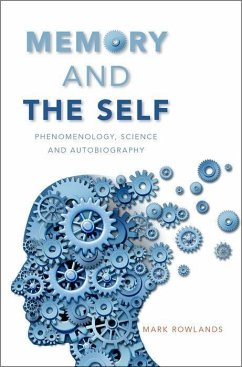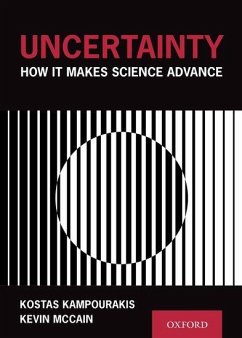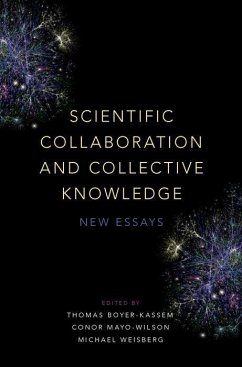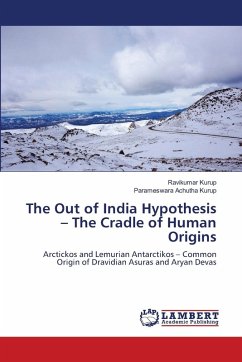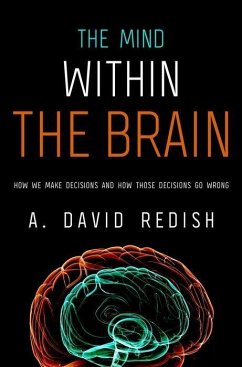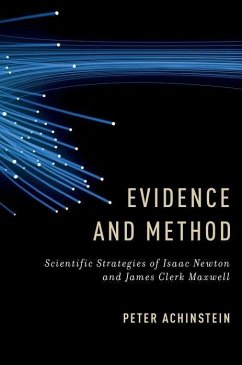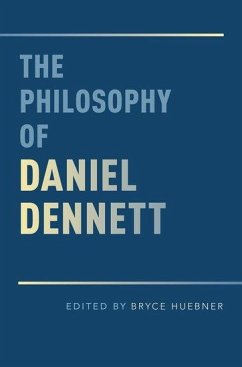Nicht lieferbar
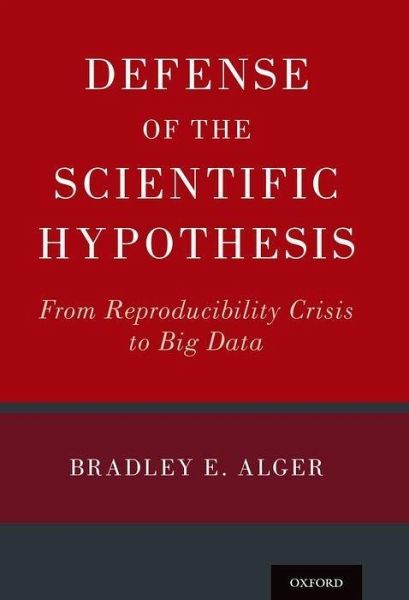
Defense of the Scientific Hypothesis
From Reproducibility Crisis to Big Data
Defense of Scientific Hypothesis: From Reproducibility Crisis to Big Data argues that the scientific hypothesis is the key to understanding what science is about, and explains its importance for scientists and non-scientists alike. Most scientists, like the general public, receive only cursory formal instruction about the scientific hypothesis. Since we all constantly assess what's going on around us, we continually formulate and test hypotheses, consciouslyand unconsciously. The book distinguishes scientific from statistical hypotheses, analyzes the benefits of hypotheses and hypothesis testi...
Defense of Scientific Hypothesis: From Reproducibility Crisis to Big Data argues that the scientific hypothesis is the key to understanding what science is about, and explains its importance for scientists and non-scientists alike. Most scientists, like the general public, receive only cursory formal instruction about the scientific hypothesis. Since we all constantly assess what's going on around us, we continually formulate and test hypotheses, consciouslyand unconsciously. The book distinguishes scientific from statistical hypotheses, analyzes the benefits of hypotheses and hypothesis testing, sorts out sciences that do not require hypotheses, discusses educational and social policies relating to the hypothesis, and offers advice on recognizing andformulating hypotheses.





